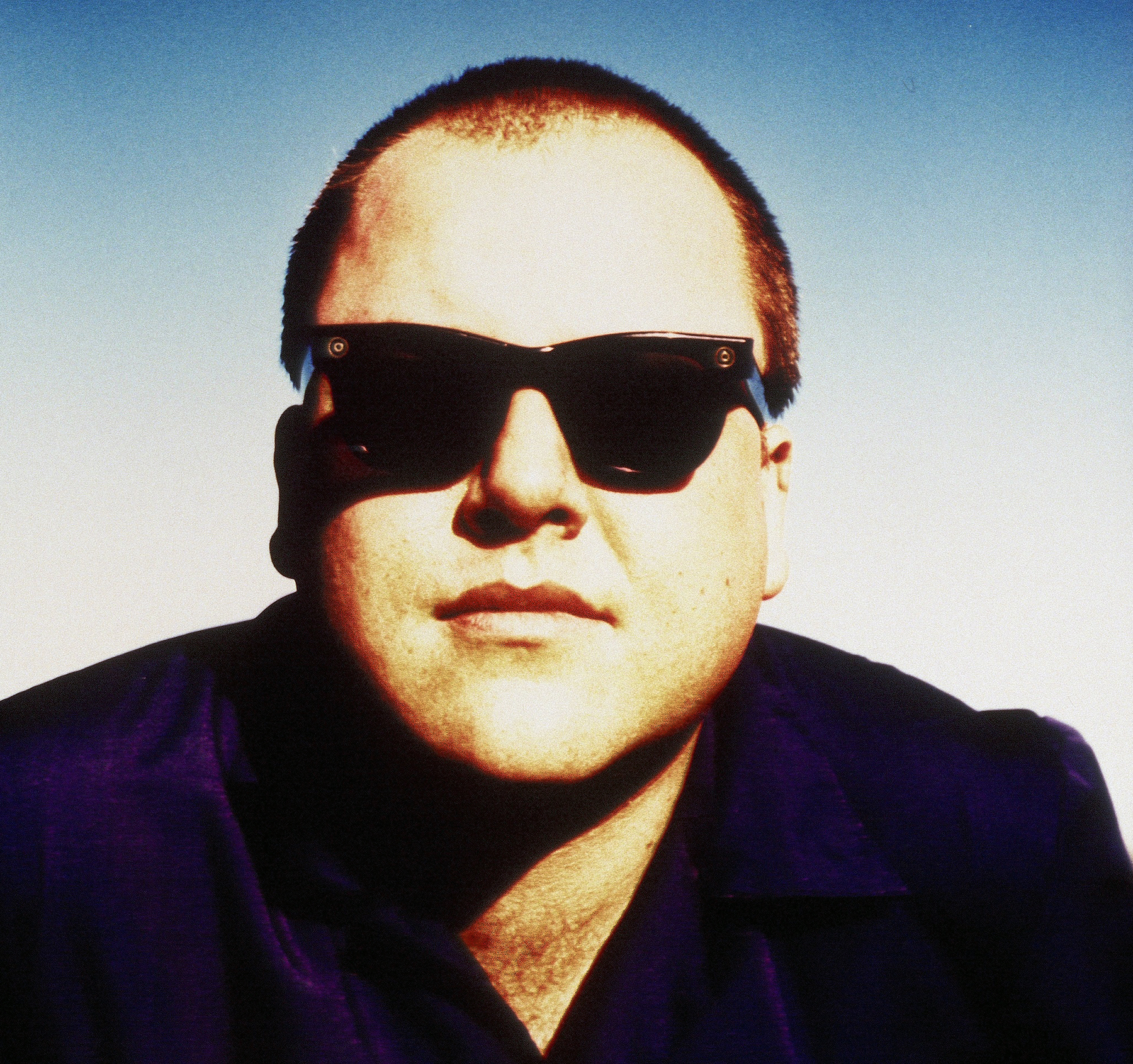
Frank Black’s January 18, 2025, concert at Los Angeles’ Orpheum Theatre fell 31 years and one day after the massively destructive 1994 Northridge, California, earthquake that traumatized the city. At the time, Black was in the Valley, making his Teenager of the Year LP.
TOY was the Boston-born singer-songwriter’s second solo studio album post the Pixies; 62 minutes filled with 22 pithy, profound songs, heavily influenced by his L.A. environs. While the quake put a brief kibosh on the original LP’s completion, 2025 finds Black on tour, celebrating the recorded endeavor with some of its original creators, including Eric Drew Feldman (keys, bass, production), guitarist Lyle Workman, and drummer Nick Vincent. The live lineup is rounded out by multi-instrumentalist Rob Laufer.
More from Spin:
- The 2025 Grammy Awards: Winners, Losers, Snubs, and Surprises
- After Album Of The Year Win, Beyoncé Books ‘COWBOY CARTER’ Tour
- 2025 Grammy Awards: The Winners
Pre-tour, on the cusp of 60, Charles Michael Kittridge Thompson IV—aka Black Francis aka Frank Black—appears on a video conference call from his living room, roof ductwork outside his window looking like Brutalist sculpture. He waxes thoughtful on topics past, present, and future with SPIN.
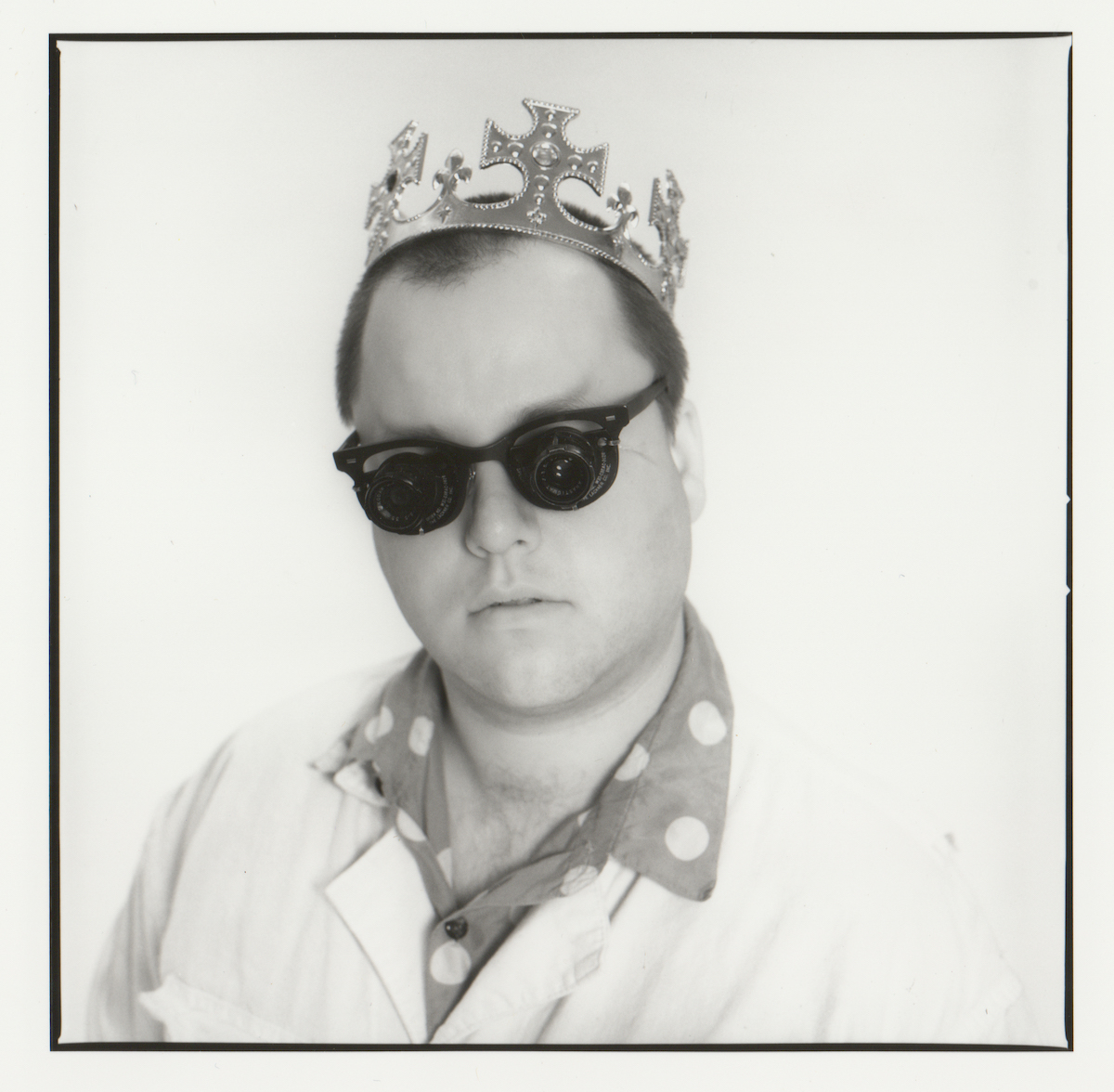
It was May 1994 when Teenager of the Year came out; does it seem like yesterday or a million years ago?
Frank Black: Kind of yesterday-ish, yeah. Certainly doesn’t feel like it’s been 35 years or whatever. But you know, it seems like that’s how it is for lots of things. Certainly, it’s a record that comes from a time before I had kids.
One of the things I love most about this record is the Los Angeles observations. You lived here while making Teenager of the Year, and I think of you existing in a sunbaked 1950s with Rocketdyne and strip mall dive bars. What year did you move to L.A., and was it an instant love affair?
I have lived in L.A. off and on at different times of my life, starting from when I was a child. I don’t have any particular season or period that meant more than another season, per se. However, I suppose by the time I was an adult, and I was making my living as a musician, I would have started to live there around 1990 or so, and so certainly, this Teenager record represents a time when I was probably embracing the whole, “Well, you’re from California….” you know, what’s his name, California’s Gold?
Huell Howser? [The homespun host of KCET’s California’s Gold]
Yes. I don’t know if I reached my full Huell Howser-ness on this record. But I was beginning to kind of appreciate my California experiences on par with that, soaking it all up, not just the L.A. bit, but the whole California bit. And it would have been reflected in my reading materials, certainly in some of the subject matter. I would have been fully on that path by that time.
This record coincided with the big Northridge ’94 earthquake. Where were you exactly when that happened?
I was in my home in the West Valley, close to Northridge. I remember I had joked about the earthquake that week before it showed up. There had been a sort of prediction going on in the house, which was sort of interesting. It was all based on the animal activity. The bird feeders, for example, were being emptied out. And seeing nocturnal animals that normally you would only see at night wandering around your little yard during the day. When it did finally occur, of course, about 4:30 in the morning, I was home, and I would have probably slept through it. But my girlfriend was kicking me and trying to wake me up. I remember waking up finally in the middle of the earthquake, and I began screaming at her, “It’s an earthquake! It’s an earthquake! Earthquake!” We just sort of sat there in bed clinging to each other and screaming is my memory of it. My house was pretty trashed, at least visually. Actually, there was a fair amount of damage to the house.
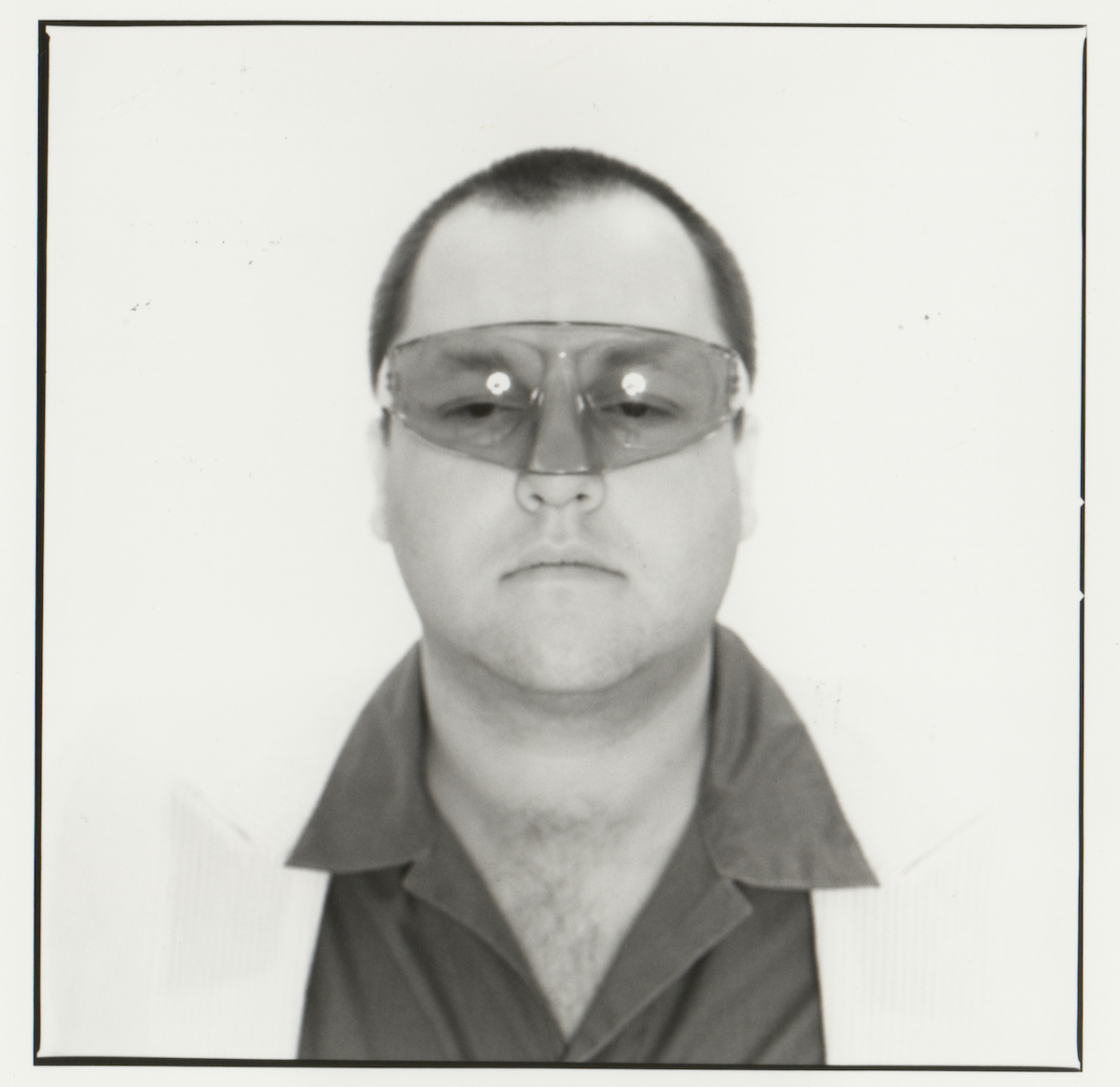
I wonder if you lived in L.A. in 1992 during the Rodney King riots.
Yeah, the riots. I was in the middle of breaking up the band [The Pixies]. I was driving home from Vancouver. The Pixies had played what would have been their last show. I was aware—fully aware—of that. But I remember taking my time to get back to L.A. because I still lived in an apartment, I believe, in Hollywood at that time. I was like, “Yeah, there’s no rush to go home. I don’t know what’s going on anyway.” So I sort of went on this long, meandering drive through California.
But the earthquake happened right when we were about to start mixing Teenager of the Year, and so we could not, because the tapes we were working on at the studio were locked in this vault that was electronic [and was disabled by the quake]. So it took a while to get it open. It really was a terrible earthquake. In my neighborhood, I remember driving over to that one apartment building in Northridge that had been a three-floor, and we were standing there going, “What’s going on here?” Only after standing there for a little while, you realize, “Oh, this was a three-story, and now it’s a two-story. That’s why people are not looking so happy right now.”
It gave me the chills just remembering this. Jumping into songs for this album, were there any books that sparked lyrics or themes, like for the song “Calistan”?
Probably a little bit, maybe. I don’t know if it was so much this book called City of Quartz, by Mike something or other [Davis]. I really enjoyed that book. But also these three books by Kim Stanley Robinson called Three Californias Trilogy. I really liked that. He’s a science fiction writer, and his California books tend to—I don’t want to say it’s a similar kind of headspace to Philip K. Dick, it’s not at all—but a similar sort of time-space, like the near future of California. City of Quartz and also the Three Californias would have been influential on that song, “Calistan.”
The album was remastered. For the layperson, tell me what remastering does, and will people notice a difference in this new version?
I think that some of the people will notice, and some will not. It just happens to be the type of person I think that you are, what sort of ear for detail you have. I probably would be one of those people who would not necessarily notice the difference. Eric Feldman would notice. So he was in charge of that. I tend to not stick my 2 cents into the remastering stuff, because I just can’t be bothered.
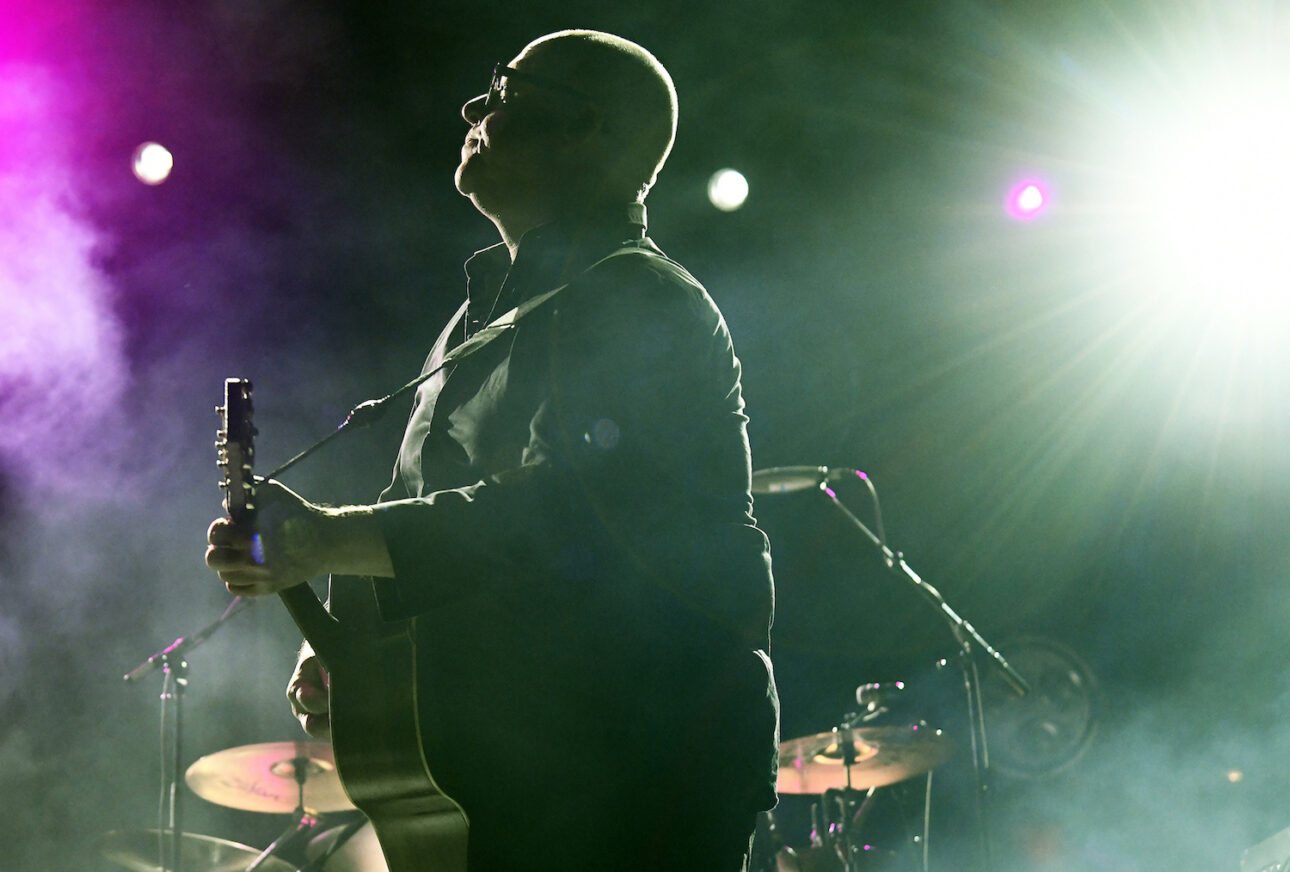
Post-remastering, did you listen to the remastered version?
Back when I made the record, I was still young enough and zealous enough about the whole process that I would go to the mastering sessions and all of the mixing sessions, so I was quite involved in most parts of the process. Sometime after that, I grew less interested in some of those more nuanced moments, and so I tend to not be so involved in every part of the process nowadays. I made the record 35 years ago. I don’t want to labor over it again.
But you get to labor over it on tour, in a live setting. [This interview was conducted prior to the tour kickoff].
I’m hoping, actually, that they’re going to allow me to just sing on the tour. I don’t mind playing the guitar, but it tends to be a bit of a psychological barrier between oneself and the audience on a stage when you’re holding an instrument. It’s a different feeling when you’ve just got a microphone.
They seem to think that I got this je ne sais quoi to my guitar playing that is very important for the experience. I tend to think that they’re all really good session players, and they should just learn how to play the way that I play. [For the record, he’s playing electric and acoustic on tour.]
When you were young and just starting out, did you feel the guitar was a barrier you needed or something good to hold on to?
Well, I guess it was part of my validation or whatever. You know, “This was part of the thing that helped me write the song. Here’s my instrument also.” So I don’t think that I would have thought about it that way, then. It’s only years later, when I did end up performing occasionally without an instrument, that I realized that it felt very different and that I acted very differently on stage. I don’t know if it’s that big of a deal, but I don’t have a lot of shtick, you know. Sometimes people kind of moan about that, and they want me to be a little more “interactive” with the crowd. So maybe, in the spirit of that, I would be interested in only being responsible for the libretto, singing in tune, maybe being a little bit of a master of ceremonies, if I could muster that.
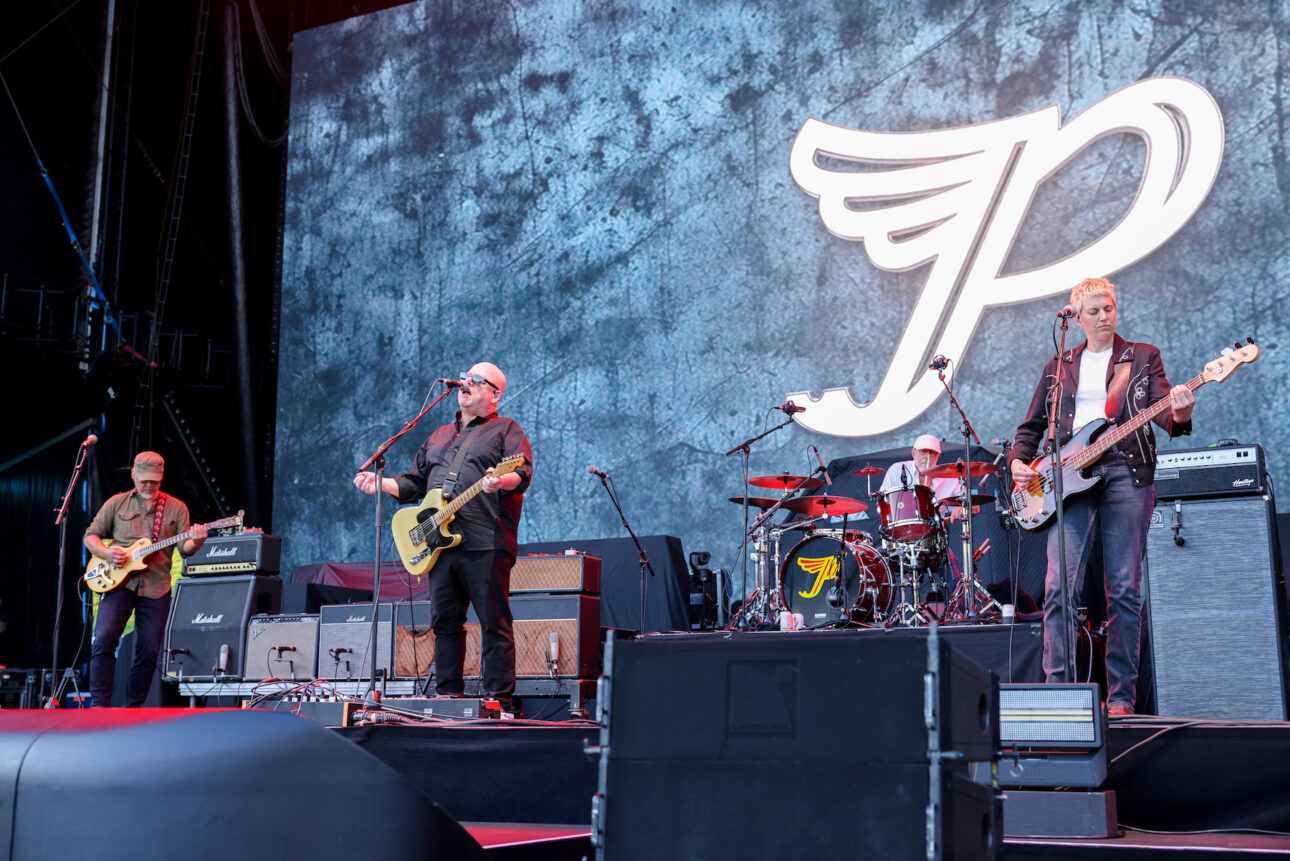
You’re playing Teenager of the Year front to back; I wonder if that makes you question the original sequencing of the album?
We will honor the sequencing. I’ve done enough of these shows now, these so-called “legacy LP shows,” that there’s an expectation from the audience’s point of view, to hear it in the “pressure sequence.”
Pressure?
It is the people who came up with the sequence, which is usually someone besides myself. I tend to sequence things in alphabetical order and things like that. Just annoy people, and they get annoyed. So I don’t do the sequencing anymore.
Are you a very organized person? Are all your spice jars turned the same way?
No, it isn’t that. It’s just sort of like…maybe much has been made about running orders of LPs. I guess I have a tendency to want to kind of deflate that idea if I can, just by presenting them in some other sort of random order. But anyway, it’s not really that big of an issue in my life.
I know he wasn’t involved in this record, but speaking of L.A., you did work with Rick Rubin, a New Yorker who has become a very sort of new-age-Cali person.
Actually, right before I recorded Teenager of the Year, I think it was, I was in New York, and I had booked into a recording studio because I was really free. I could do whatever I wanted, but I didn’t have gazillions of dollars to do this. But I didn’t have any children, and I didn’t have a lot of responsibilities.
Rick Rubin had invited me to stop by his session, which was AC/DC. I went by and I met them. Everyone was very polite and it was all very nice. I went back to my studio where I was working, down the street, and there was a guy from some other record company. Not Rick, but somebody else I had been asked to meet and maybe play him something that I was working on to make an introduction. He was a potential giver of a future record contract. I had him in the studio, and I was playing him something and he asked me something along the lines of, “What are your aspirations with all this music that you’re currently working on?”

I gave him a completely honest answer. I said, “I have absolutely no idea. I’m just literally hanging out making music. I don’t know what I’m doing with any of this or where it’s going.” That was the last I heard from that guy. I heard back from my manager at the time, who said, “Oh yeah, record company dude was wholly unimpressed with your lack of vision.”
So it was like, okay, duly noted, never get into my lack of vision with anybody, because they expect there to be vision, to have sort of an idea about what it is you’re doing. But what people don’t understand, people like that, is that that’s just one way that songwriters skin the cat, kill the bird, whatever. But yes, there are people that have that type of worldview, or whatever, that seems to affect the way that they do things. You can confer with them well before the accomplishment of said project. And they will give you an idea, a facsimile, a very, very good notion about where we’re going with all this. But that’s just a certain type of person. There are other types who don’t work like that at all. And I am one of those people.
I have no vision whatsoever. It’s not that I don’t relate to someone having vision. I understand the concept, but I don’t have sounds in my head that have to be exorcised. I don’t think about it like that, where I just have these things that I have to get out of me. It’s more like I enjoy the process. I just kind of go along. Sometimes it’s exciting and sometimes it’s kind of boring. Sometimes it bears fruit, sometimes it does not. That’s just how I do it.
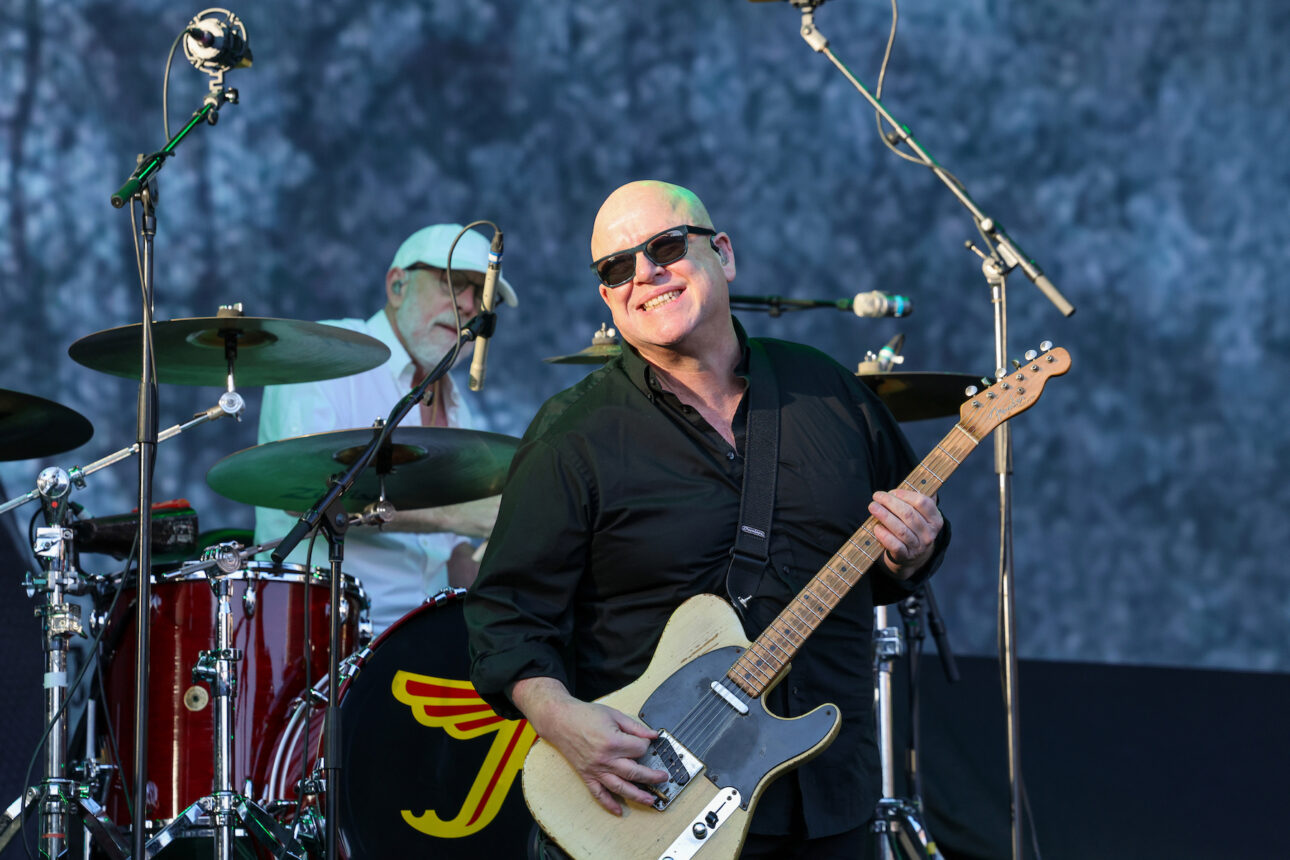
Looking at some of the original reviews of Teenager, one said the record “teems with innovation.” Do you agree? If so, was it conscious?
I don’t know. I mean, if something is innovative, and someone thinks that I’ve done something innovative, I don’t mind accepting that compliment. It doesn’t feel like you’re being innovative when you’re doing it. It just feels like you’re trying to make a record. So much of that is sort of informed by other records that you know and love. Or even records you don’t like so much. It’s very hard for a non-visionary type of artist like myself to think in terms of, “How can I be more innovative here? How can I be more subversive,” or something like that.
I don’t know that I could ever set up by design and be “innovative,” right? I don’t know that I have a short list here on a cocktail napkin of things that I’m going to do that are going to be innovative this time around. It just doesn’t ever work out like that.
I mostly just focus on the doing, and I don’t really worry about whether or not I’m going to accomplish something in particular or be especially clever. I don’t presume that anything that I’m doing is particularly clever. I hope that some of it ends up as being perceived as a little clever or whatever, but I don’t presume that it is, and I know a lot of it is also steeped in things like being “dumb” or “simple;” being minimalist. Or being pure in some way, like a surf band or a garage band.
There’s a lot of naivete, certainly, in certain forms of popular music. But I don’t know that I’m really, truly “art brute” or whatever. But I can really relate to having a limited skill set, and then being tasked…you see what I’m saying? It’s one thing to understand that you love Sgt. Pepper’s Lonely Hearts Club Band, but it’s another thing to go, “Oh, so now I’m going to do that.”
But that’s exactly what I do. “Oh, I’m going to do that now.” Although I do have a sense that I don’t have the same kind of skill set as Paul McCartney has. So I am going to rely extra hard—more frequently than not—on things that are simple, things that are silly, things that are abstracted a little bit, maybe things that are brief.
Brevity can be a good thing, because you can hit someone over the head without really hitting them over their head, without annoying them. You can deliver an interesting flavor without becoming a burden or laborious in their lives.
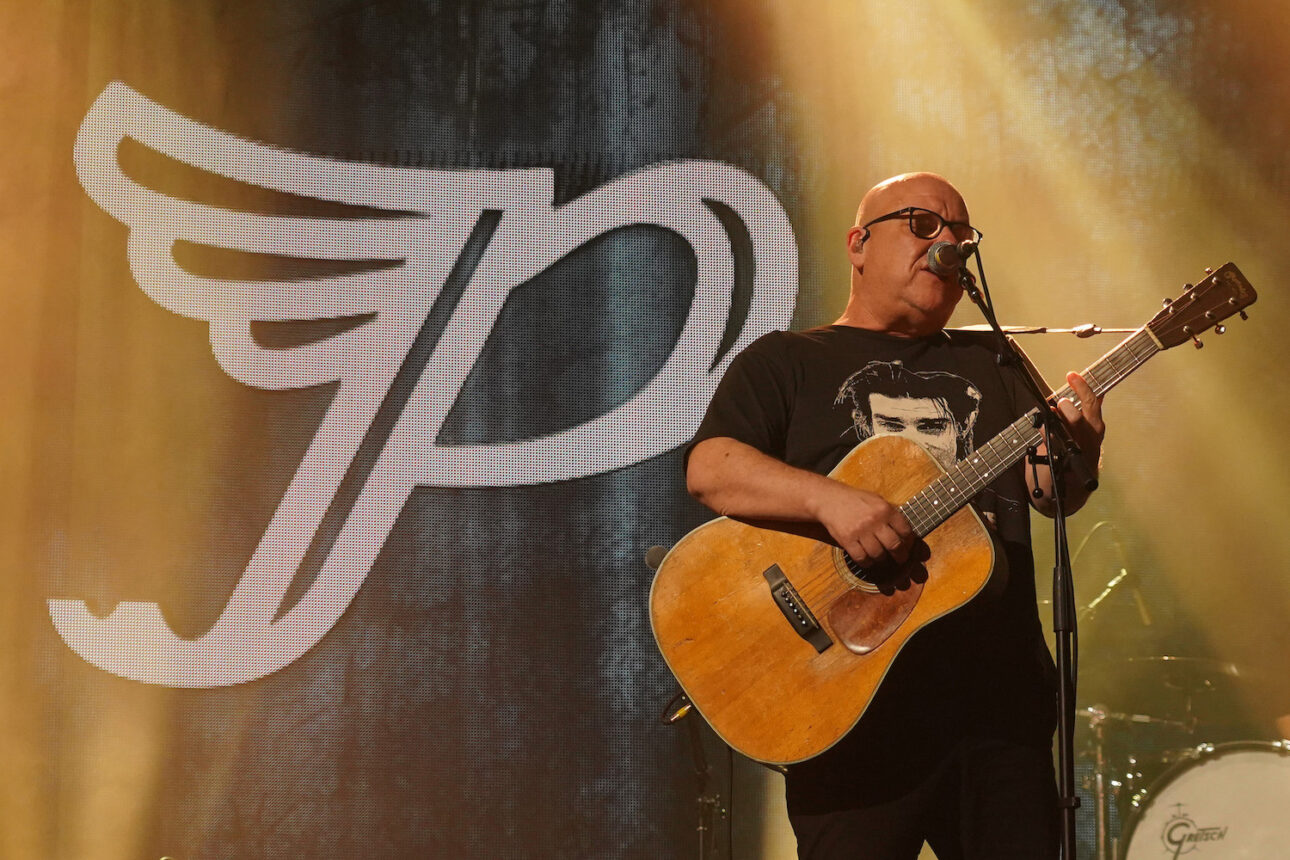
Well put. Final question. I was reading a New York Times article on Hugh Grant, who is doing darker roles now. He called it the “freak show era” of his life. What era of your life do you feel like you are entering or in?
Oh, gosh, I have no idea. Well, I read an author in the paper a few years ago. He’s dead now. I forget the name, but he’s very highly regarded in a lot of science fiction circles, especially in the United Kingdom. He said that when he got to be probably in his late 60s he had this particular sort of idea pop into his head. He was finished making important decisions with regard to his life, his career. All of the big important decisions, he had made them. He felt a certain kind of relief that he was not in that category anymore, and he didn’t have to make any big decisions. He could just do what he liked to do, which is writing.
I would like to think that I’m not quite there yet, at that phase where I could go, “You know, I’m not going to make any more big, innovative decisions. I’ve kind of done that and now I’m just going to just do my craft…”
I get it. I understand. I hear someone say something like that, I go, “I can imagine it.” Maybe that will never happen to me. Maybe that’s not my style. I don’t look for what it means to just totally relax into your thing and then to be all done with worrying about impressing other people, to be totally free of that. I have enough of an ego I think that I kind of get a kick out of trying to impress people.
To see our running list of the top 100 greatest rock stars of all time, click here.
